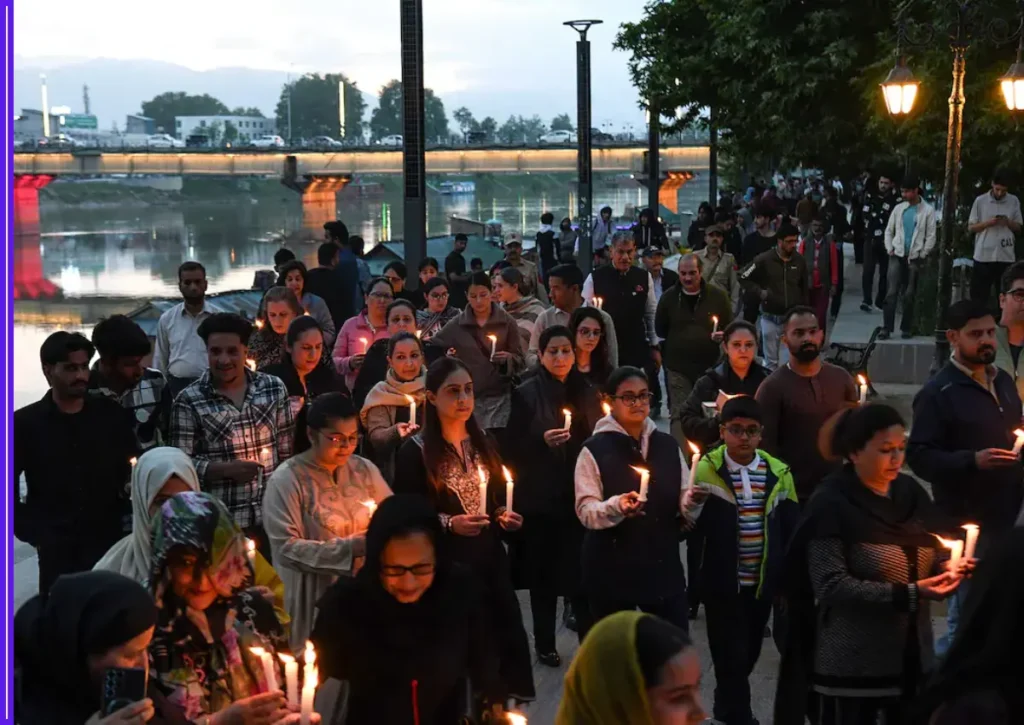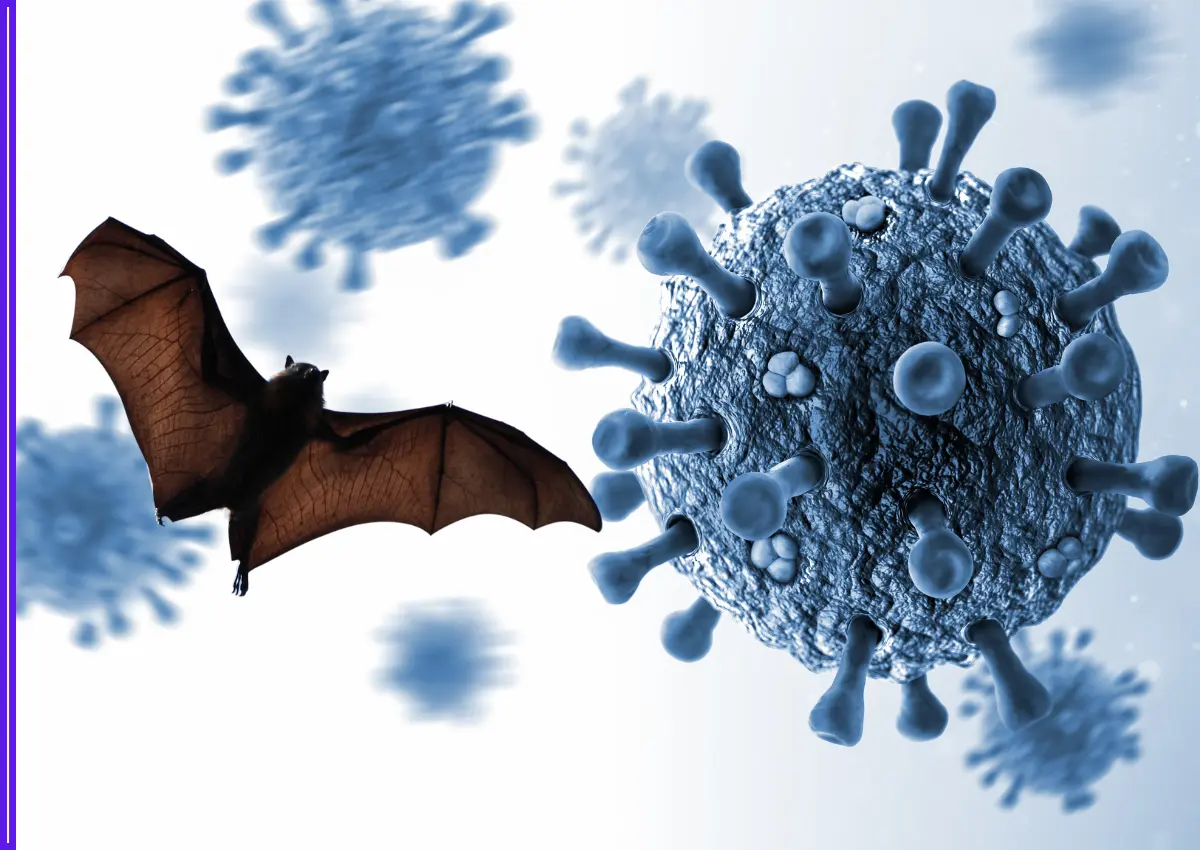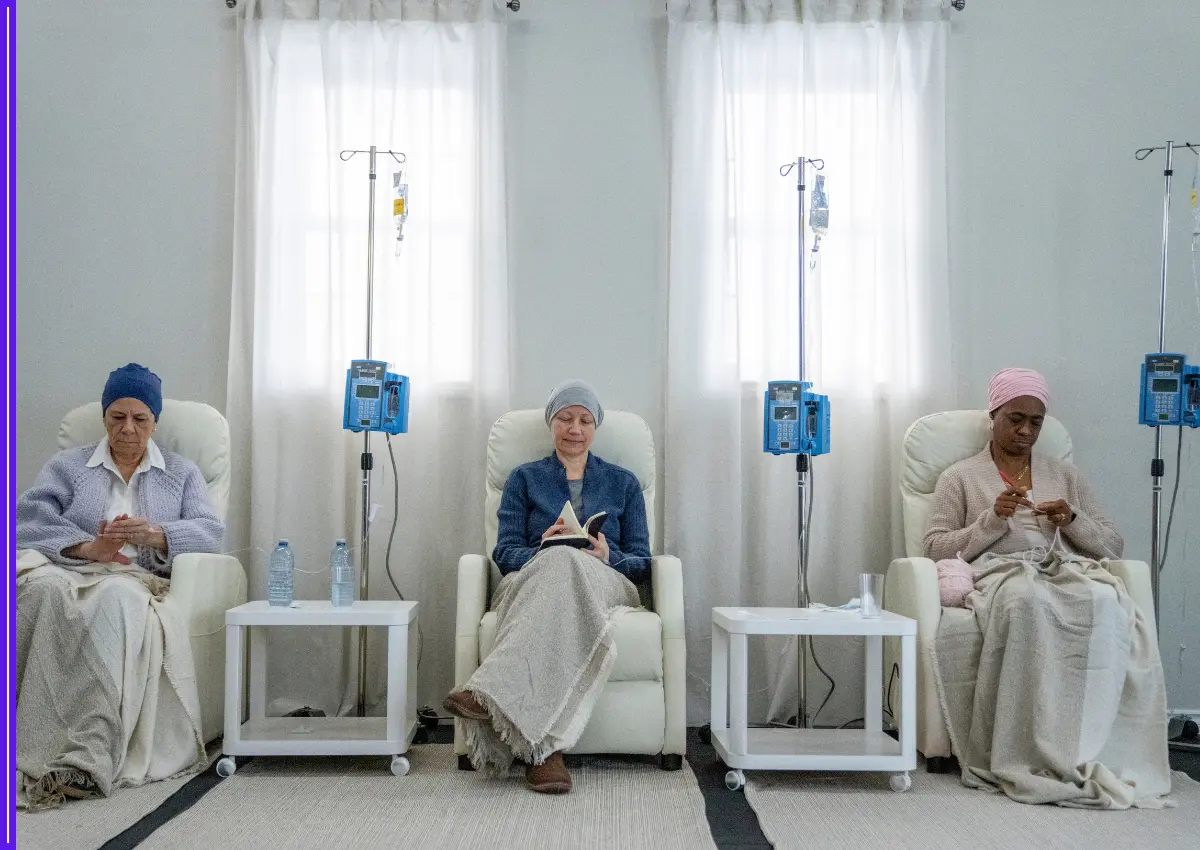On April 22, 2025, the scenic meadows of Pahalgam in Jammu and Kashmir turned into a tragic scene of horror when armed militants launched a brutal assault on unarmed tourists. What should have been a peaceful outing in the Baisaran Valley became one of the deadliest attacks on civilians in India since 2008.
The Incident: Chaos in the Valley of Peace

Around 2:50 PM IST, five heavily armed terrorists infiltrated the Baisaran area, a famous trekking and pony-riding spot known for its breathtaking views. Disguised in military attire, the attackers opened indiscriminate fire on tourists, killing 26 people — 25 Indian nationals and one Nepali citizen — and injuring more than 20 others.
Witnesses reported that the terrorists stopped tourists, asked them religiously probing questions, and separated them before shooting. One brave local pony operator, Syed Adil Hussain Shah, attempted to fight off the attackers and was killed in the process — an act of courage that saved lives and is being remembered nationwide.
The attack was later claimed by The Resistance Front (TRF), a terror group linked to the Pakistan-based Lashkar-e-Taiba. Indian intelligence named Saifullah Kasuri, also known as Khalid, as the mastermind of the massacre. His involvement highlights growing concerns around cross-border terrorism and sleeper cells operating in the region.
Government Response: Swift, Multi-Layered, and Uncompromising
Security Reinforcement
In the aftermath, both central and state governments initiated immediate reviews of existing security infrastructure in Pahalgam and other vulnerable tourist areas. The Baisaran route, previously unsecured, is now under permanent surveillance with paramilitary and army units deployed for round-the-clock vigilance.
The government is also planning to install more checkpoints and surveillance infrastructure in offbeat tourist areas, especially as the high-profile Amarnath Yatra approaches.
Diplomatic and Strategic Countermeasures
India took firm diplomatic steps to isolate Pakistan in the global arena, asserting that the attack was orchestrated with support from across the border:
- Diplomatic ties with Pakistan were downgraded.
- The Indian High Commission staff in Islamabad was reduced.
- All Pakistani military advisers were asked to leave.
- Visas granted to Pakistani citizens were revoked, and the Attari–Wagah border crossing was closed.
- India also temporarily suspended the Indus Waters Treaty, signaling a major policy shift in response to continued terror support.
Support to Victims’ Families
To support those affected by the tragedy, the Jammu and Kashmir administration announced compensation packages:
- ₹10 lakh for each family who lost a loved one
- ₹2 lakh for those critically injured
- ₹1 lakh for the moderately injured
Additionally, state authorities ensured prompt transport of the deceased to their respective hometowns and provided medical care for the wounded.
National and Global Reactions
India’s Defence Minister, Rajnath Singh, assured the nation that not only will the perpetrators be brought to justice, but the conspirators — even those outside Indian borders — will face consequences. Prime Minister Modi held emergency security briefings, emphasizing the need for a united, resolute stand against terrorism.
Internationally, the attack drew strong condemnation from countries across the globe. The United States, UK, France, Russia, and many others extended their condolences and expressed solidarity with India. Meanwhile, Pakistan denied involvement, attributing the act to India’s “internal mismanagement” — a claim India strongly refuted.
The Bigger Picture: What It Means for Kashmir and India
The Pahalgam tragedy is not just a terror attack — it’s a brutal attempt to instill fear, disrupt peace, and target India’s growing tourism and unity efforts in Jammu and Kashmir. The timing was deliberate, aimed at undermining the increasing influx of tourists and the upcoming religious yatra.
Yet, the response from locals, security forces, and the government tells a different story — one of courage, resilience, and collective determination. Instead of instilling fear, the attack has united people and brought renewed focus on strengthening internal security and rooting out terror networks.

Many citizens have come forward expressing their shock, grief, and solidarity with the victims and their families. Social media platforms have been flooded with heartfelt tributes to the victims and messages of support for the people of Jammu and Kashmir.
Across the country, people are calling for swift justice, with many emphasizing the importance of a united stand against terrorism. National security experts and political leaders have joined in, urging the government to strengthen its counter-terrorism efforts, not just in Kashmir but across the nation.
A significant number of citizens have also shown their commitment to peace, stressing that such attacks should not deter the tourism, development, and peaceful coexistence that Kashmir has worked hard to rebuild over the years. Many are rallying behind local communities, urging that the spirit of unity, compassion, and resilience should guide India’s response.
Various organizations and individuals have already initiated fundraisers and support systems for the families of the victims. The public response highlights a collective will to rise above violence and uphold the values of justice, peace, and human dignity.
Conclusion
The April 2025 Pahalgam attack is a solemn reminder of the dangers that persist in conflict-sensitive zones. But it’s also a testament to the nation’s resolve. While families mourn their loss and the country grieves, India moves forward — more vigilant, more united, and more determined to protect the peace that countless lives have paid the price for.






